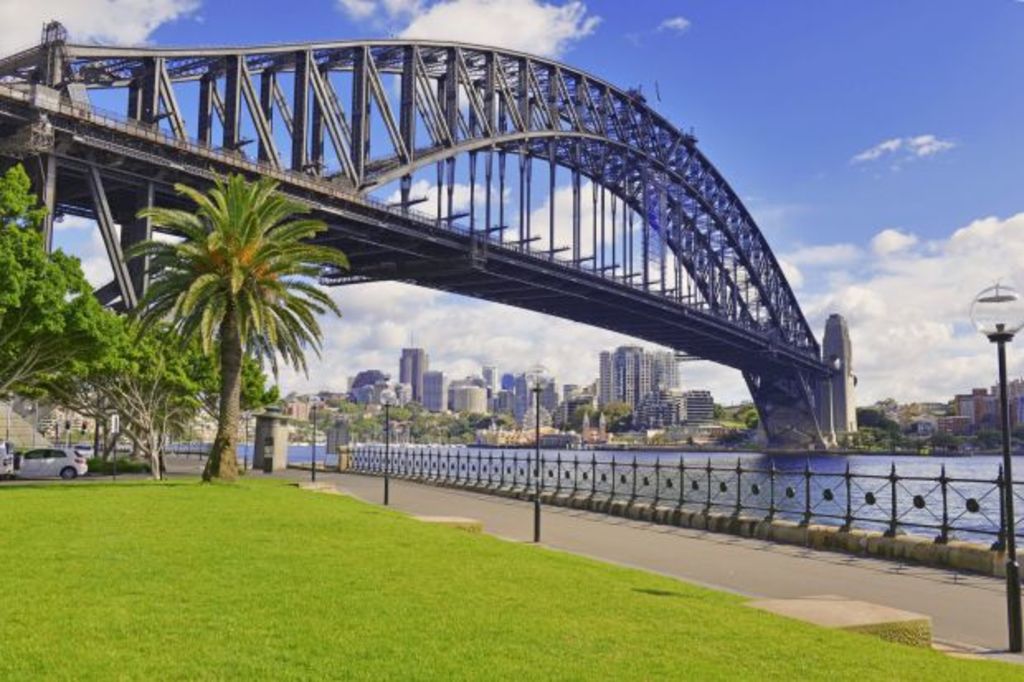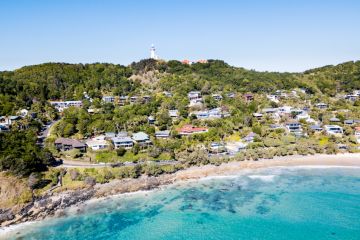Sydney ranked 10th best city in the world for quality of living: Mercer survey

Sydney has been named as the best city in Australia for quality of life and the 10th best in the world, in a global survey examining 450 cities.
The harbour city – which tied 10th in the world with Basel, Switzerland – was the only Australian city to make the top 10 in Mercer’s 19th annual Quality of Living survey, which provides rankings for 231 of the 450 cities.
The Austrian capital of Vienna took out the top spot for the eighth year in a row, and Switzerland’s largest city, Zurich, came in second.
Auckland, which ranked third, and Vancouver, which nabbed fifth place, were the only other non-European cities to make the top 10.
Sydney beat out the likes of Amsterdam (12), Berlin (13) and Toronto (16), and was only joined in the top 20 by one other Australian city – Melbourne – which ranked 16th.
Perth just missed out, with a ranking of 22, and was followed by Adelaide (28), Canberra (29) and Brisbane (37). Hobart and Darwin were not included in the rankings.
The annual survey, which is run by Mercer to help companies “compensate employees fairly when placing them on international assignments” considered factors including a city’s political stability, crime levels, economic environment, personal and cultural freedom, health services, standard of education, transportation, housing and environment.
On the other end of the spectrum, developing, unsafe and war-torn cities were among the worse places for quality of living. Baghdad ranked in last place, with Damascus in Syria and Port au Prince in Haiti also among the bottom 10.
Mercer’s survey also included an infrastructure ranking that assessed each city’s supply of electricity, drinking water, telephone and mail services, public transportation, traffic congestion and the range of international flights available from local airports.
Sydney was placed eighth, putting it above Perth (32), Melbourne (34), and Brisbane (37).
Singapore topped the city infrastructure ranking, followed by Frankfurt and Munich which tied for second place.
Mercer principal Slagin Parakatil said a city’s infrastructure, or lack thereof, could considerably affect the quality of life that expatriates and their families experienced daily.
“Access to a variety of transport options, being connected locally and internationally, and access to electricity and drinkable water are among the essential needs of expatriates arriving in a new location on assignment. A well-developed infrastructure can also be a key competitive advantage for cities and municipalities trying to attract multinational companies, talent, and foreign investments,” Mr Parakatil said.
“Cities that rank high in the city infrastructure list provide a combination of top-notch local and international airport facilities, varied and extended coverage through their local transportation networks, and innovative solutions such as smart technology and alternative energy.
“Most cities now align variety, reliability, technology and sustainability when designing infrastructure for the future.”
Top 10 cities for quality of living
Rank – City – Country
1 – Vienna – Austria
2 – Zurich – Switzerland
3 – Auckland – New Zealand
4 – Munich – Germany
5 – Vancouver – Canada
6 – Dusseldorf – Germany
7 – Frankfurt – Germany
8 – Geneva- Switzerland
9 – Copenhagen- Denmark
10 – Basel – Switzerland
10 – Sydney – Australia
Worst 10 cities for quality of living
222 – Conakry – Guinea
223 – Kinshasa – Democratic Republic of the Congo
224 – Brazzaville – Congo
225 – Damascus – Syria
226 – N’djamena – Chad
227 – Khartoum – Sudan
228 – Part au Prince – Haiti
229 – Sana’a – Republic of Yemen
230 – Bangui – Central African Republic
231 – Baghdad – Iraq
We recommend
We thought you might like
States
Capital Cities
Capital Cities - Rentals
Popular Areas
Allhomes
More










